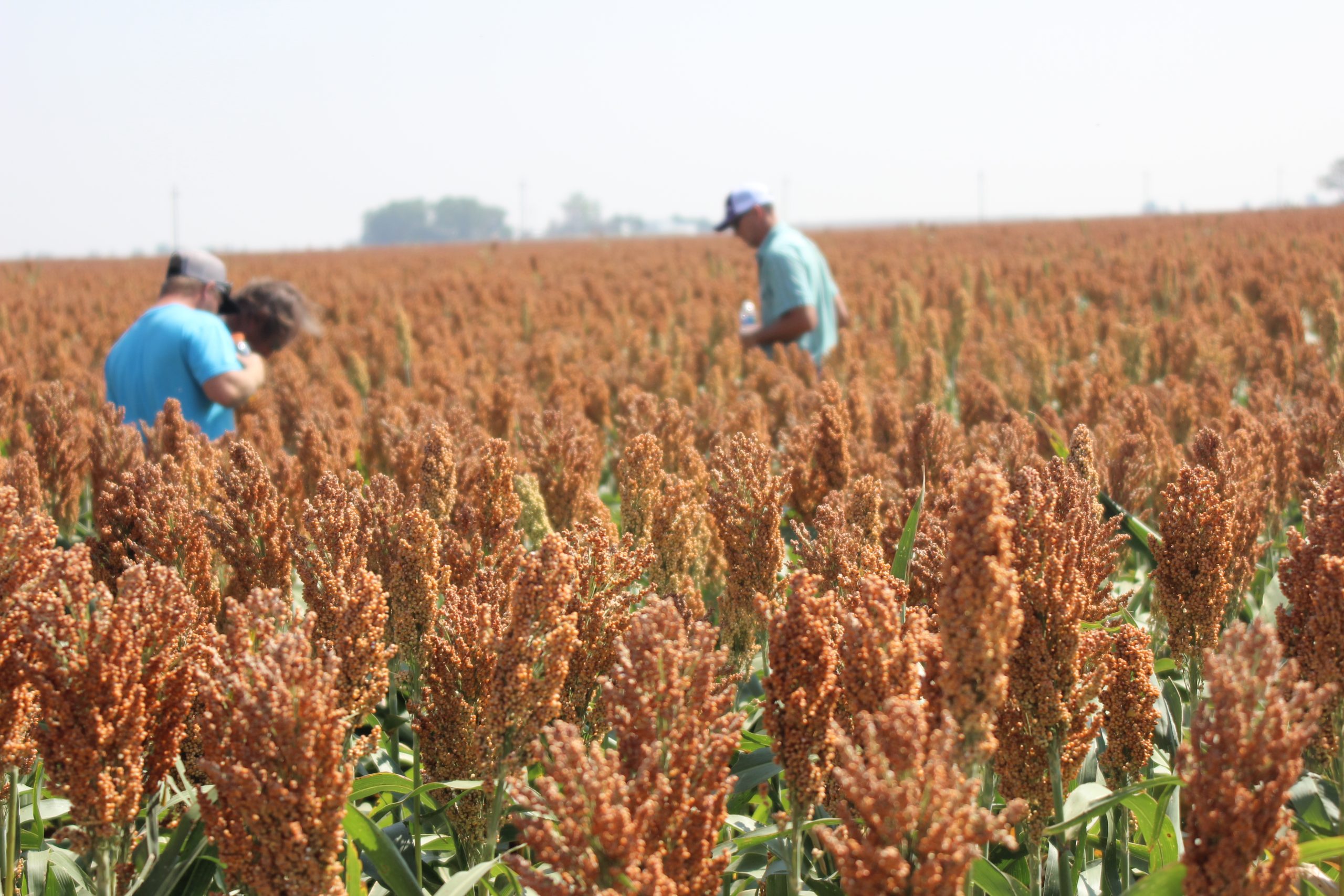Farmers, exporters relieved after three-day port strike ends

After a three-day walkout by 45,000 longshoremen along the East and Gulf coasts, members of the International Longshoremen’s Union and the U.S. Maritime Alliance representing shippers and terminal operators came to a tentative agreement to end the strike, the union’s first since 1977.
The agreement was announced Oct. 3, ending a strike that began Oct. 1.
The union accepted a raise of 62% over a six-year contract. That will bring average base wages to about $63 an hour from the current $39 an hour. The union had initially demanded a 77% raise over three years. Union members will return to work under an extension of the current contract while negotiators work out remaining details. The union’s other big concern was automation of cranes, gates and trucks.
Members of the International Longshoremen’s Association walked out on Oct. 1, shutting dozens of ports and terminals in the East and Gulf coasts.
Although the White House had rejected calls to intervene under the Taft-Hartley Act to force a cooling-off period, President Joe Biden did urge the parties to come quickly to an agreement.
Mike Seyfert, president and CEO of the National Grain and Feed Association, said, “It is a relief that a tentative agreement has been reached, and the ports will be open for business once again. For U.S. farm products to flow smoothly to domestic and international markets, it is essential for all parts of the supply chain to be fully functioning. The shutdown of these vital shipping ports was already starting to create big problems for NGFA’s members and America’s farmers during harvest season.
“Left unresolved, this strike could have led to higher transportation costs for agricultural shippers and jeopardized valuable customer relationships. For the sake of rural America, we hope that the parties involved will work diligently between now and Jan. 15 to find a long-term agreement that works for both sides and keeps our shipping channels open.”
The Farm Bureau estimated that $1.4 billion a week in agricultural trade was at risk during the strike.
In a newsletter to its members, the National Pork Producers Council said, “NPPC is pleased to see an agreement reached, as approximately 45% of U.S. pork exported by ocean freight goes from ports on the East Coast and Gulf of Mexico. Much of U.S. agriculture is experiencing lower commodity prices and financial strain, and these transportation issues could have exacerbated the situation.
David Murray can be reached at [email protected].



